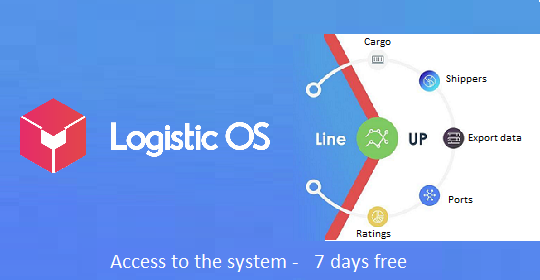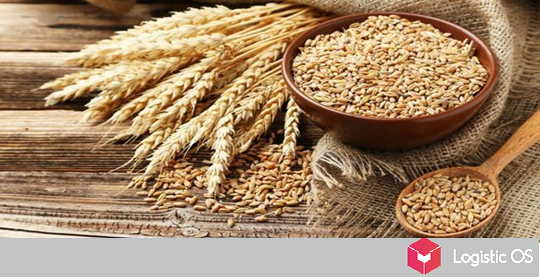The basis for deliveries will be a number of elevators in the Voronezh region, where testing is currently underway.
Will launch this tool for trading by the National Commodity Exchange (NTB) in November 2020.
NTB is part of the Moscow Exchange group and is an authorized exchange of the Ministry of Agriculture of Russia.
One of the directions of its activity is the development of the market for supply and swap contracts for wheat and sugar.
It also conducts government interventions in the market of agricultural products, raw materials and foodstuffs.
The main agent in the implementation of interventions is the United Grain Company (UGC), which is 50% and 1 share owned by the state, and the second 50% «minus» 1 share was transferred to VTB.
Most likely, it is VTB that will be the partner of the Moscow Exchange, which will become the main market maker (so far this information has not been officially confirmed).
VTB Bank (PJSC) owns Demetra-Holding LLC, which has all its grain assets on its balance sheet. It includes exporters, manufacturers, elevators, and shipping companies.
In 2019, VTB President Andrey Kostin appealed to Russian President Vladimir Putin with a request to support the creation of a agricultural holding in the country, a new leader in the grain market , which will reduce the role of foreign traders.
Before appealing to the president, the company already had 100% of shares in the Novorossiysk grain terminal on its assets, 35.36% of shares in the Novorossiysk plant of grain products, a controlling stake in the railway holding Rustranskom, a controlling stake in a large grain exporter Mirogroup resources (now 100% of shares). Also, the grain transportation business was bought out from the transport group Fesco.
After appealing to the President of the Russian Federation, the company received the right to buy out a 50 percent share of the deep-water terminal in Taman, which had previously belonged to the Ukrainian agricultural holding Kernel.
And it was at this time that VTB announced its negotiations with the Moscow Exchange on the start of grain futures trading.
In fact, since March 2017, delivery trades in grain have already been held on the National Commodity Exchange (while contracts were traded, and the grain was stored in elevators controlled by the exchange).
But even strict control did not allow avoiding the cases of shortages in storage locations that were discovered in 2019. Then the Moscow Exchange, which was the guarantor of the concluded transactions, had to create reserves for 2.4 billion rubles.
This was followed by a wave of initiation of criminal cases on the fact of shortages, and the exchange stopped concluding swap contracts in the grain market.
In October 2019, information appeared that the National Settlement Depository (part of the Moscow Exchange group) was preparing a pilot project that would allow introducing a system of clearer and more transparent control over grain storage by transferring it to a digital platform through tokens.
The problem of grain safety could be solved with settlement futures — they may not provide such a connection with the real market as delivery ones, but only a few percent of open positions are delivered per month.
Trading in deliverable futures is an instrument that the Russian market needs, although some players do not yet understand the mechanism of its action.

Grain is a commodity, the purchase of which is resolved quickly and depends on certain quality indicators.
And trading on the exchange implies the unification of quality. Plus, there is also the procedure for concluding contracts, conditions for accreditation, and so on.
Large companies operating at serious volumes are no doubt interested in such a tool. It will allow them to resolve issues of price regulation, hedge the prices of goods.
Small traders will probably not be interested in this mechanism yet, it can even compete with them, but in the future they will also start using it.
Grain deliverable futures contracts are currently only traded on the Chicago Mercantile Exchange (CME) and the Paris Exchange (MATIF).
The task of the state is to take steps to ensure that the price of Russian wheat is formed in Russia.
The grain market in the country is not transparent: small buyers collect grain from farmers, then resell it to middle dealers, and so on.
The authorities want to increase its marginality and merge it on the basis of VTB, and this requires grain trading through the exchange.

